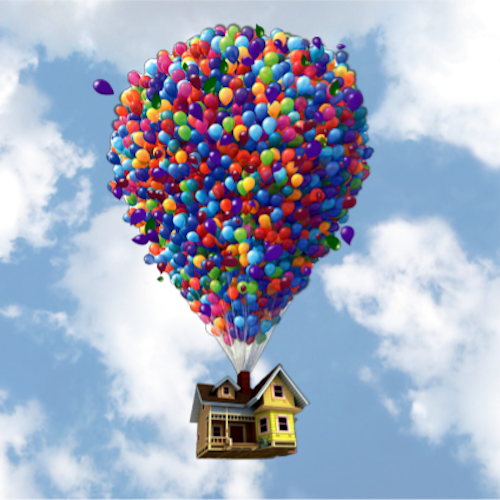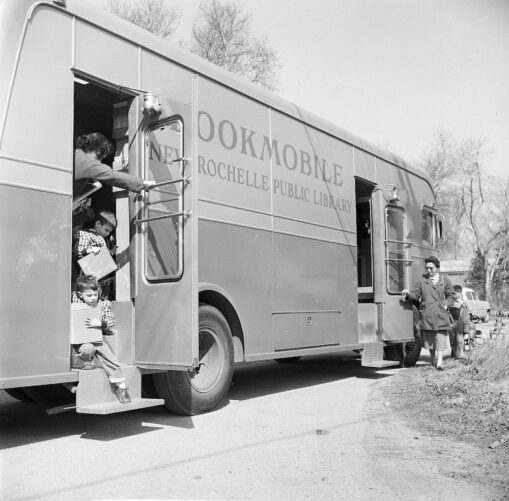Bad schooling is on the rise.
The successful spread of neoliberal sensibilities and strategies in the late 20th and early 21st centuries have produced increasingly commodified, homogenized, and standardized experiences for both teachers and students. In other words, education is becoming less inspiring and, well, let’s be honest: more stultifying. But just as gastronomy can be a tonic for bad eating, Alimentary Education (AEd) is designed to serve as an antidote to bad schooling. AEd derives its meaning from Latin alere, “to nourish, rear, support, maintain.”
Among other things, AEd notices chefs, gastronomic trends, culinary sensibilities, science and the humanities, passion, creativity, and innovation, as well as both the powers and the pleasures of sensory experiences. At its core, AEd aims to create something more nourishing, rearing, supporting, maintaining, and satisfying than what is currently on offer in supermarket schooling and big-box approaches to education.




